The 7 Best Greek Seasonings That Will Transform Your Kitchen into a Mediterranean Paradise
There’s something magical about Greek seasoning — it turns simple ingredients into culinary masterpieces with just a pinch of herbs and spices. Whether you're grilling, roasting, or tossing salads, this iconic blend brings warmth, aroma, and that unmistakable Mediterranean flair right to your table.
If you’ve ever wondered what makes Greek food so irresistibly flavorful, the secret often lies in the seasoning. In this guide, we’ll walk you through everything you need to know about the best Greek seasoning, from traditional recipes to modern twists and expert buying tips. Let’s dive in!
Table of Contents
- What Is Greek Seasoning?
- Key Ingredients in Authentic Greek Seasoning
- Top 7 Best Greek Seasonings You Should Try
- How to Use Greek Seasoning Like a Pro
- How to Make Your Own Greek Seasoning at Home
- Buying Guide: How to Choose the Best Greek Seasoning
- Final Thoughts: Bringing Greece to Your Kitchen
What Is Greek Seasoning?
Greek seasoning is a fragrant blend of dried herbs and spices commonly used in Mediterranean cuisine. It typically includes ingredients like oregano, thyme, marjoram, garlic powder, onion powder, and sometimes even lemon zest for brightness. This mix enhances everything from grilled meats to roasted vegetables, delivering bold, earthy, and aromatic flavors with every bite.
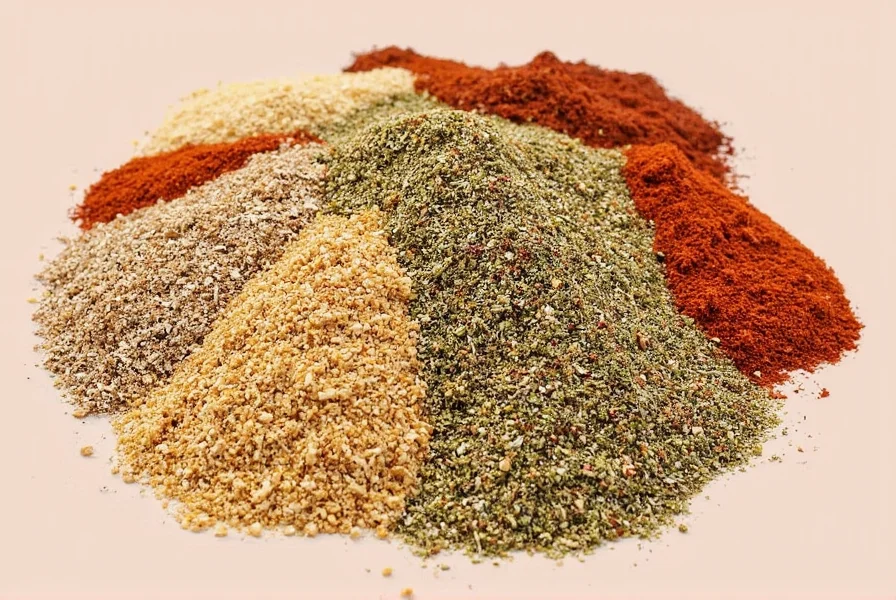
Key Ingredients in Authentic Greek Seasoning
To truly appreciate Greek seasoning, it helps to understand its core components. Here’s a quick breakdown:
- Oregano: The star of any Greek spice blend, offering a robust, earthy flavor.
- Thyme: Adds subtle floral notes and pairs beautifully with olive oil.
- Marjoram: Slightly sweeter than oregano, bringing depth without overpowering.
- Garlic Powder: For that rich umami kick.
- Onion Powder: Balances the herbs with a touch of sweetness.
- Parsley (optional): Freshens up the blend slightly.
- Lemon Zest (optional): Adds brightness and citrusy zing.
- Black Pepper: For warmth and complexity.
| Ingredient | Flavor Profile | Usage Tip |
|---|---|---|
| Oregano | Earthy, peppery | Ideal for grilled meats and tomato sauces |
| Thyme | Woody, floral | Perfect for roasted veggies and stews |
| Marjoram | Mild, sweet | Great for poultry and egg dishes |
| Garlic Powder | Umami-rich | Enhances almost any savory dish |
| Lemon Zest | Citrusy, bright | Adds sparkle to fish and dips |
Top 7 Best Greek Seasonings You Should Try
Whether you're looking for convenience or authenticity, here are our top picks for the best Greek seasoning available today.
1. Fearnley & Eger Greek Herb Blend
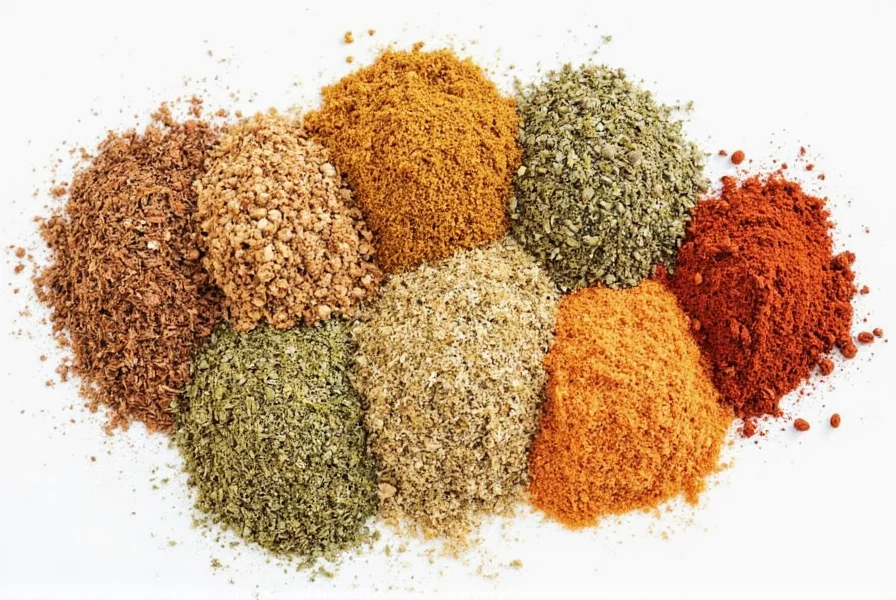
This artisanal blend is made using sun-dried herbs and has a rustic texture that elevates grilled meats and vegetable dishes. It’s perfect for those who prefer a more intense, handcrafted flavor.
2. McCormick Roasted Garlic & Herb Greek Style Seasoning
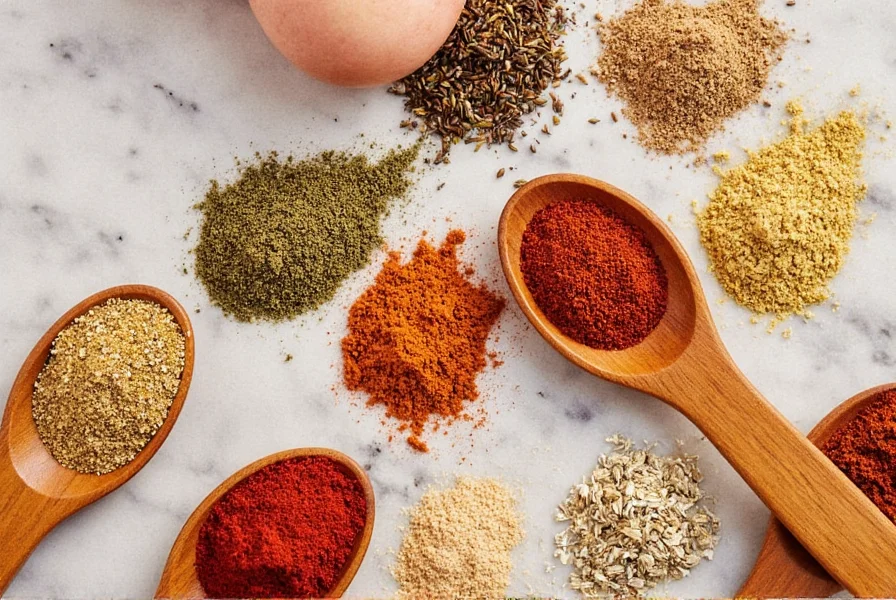
A supermarket staple that delivers consistent results. Ideal for everyday use, especially when making souvlaki or roasted potatoes.
3. Simply Organic Greek Seasoning Blend
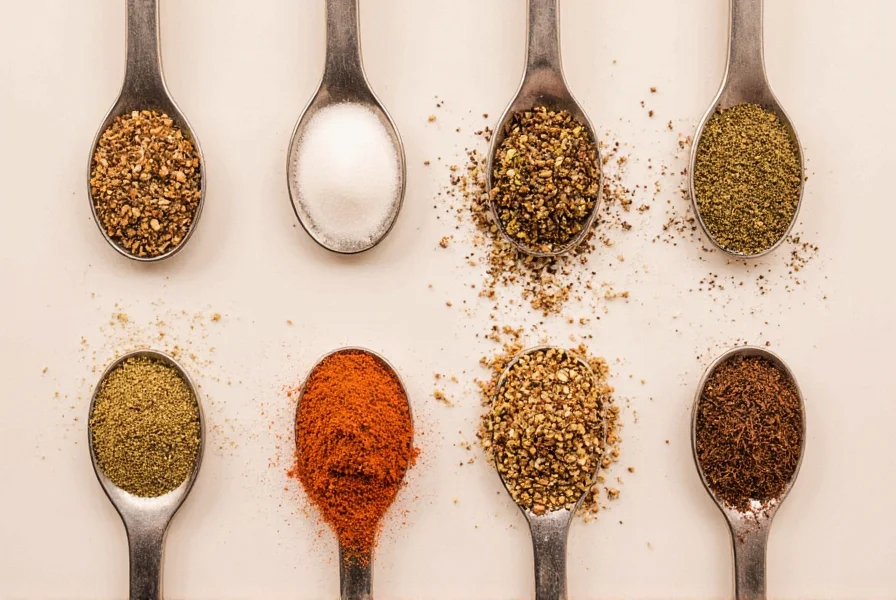
For health-conscious cooks, this organic option contains no additives and is certified USDA Organic. Great for clean-eating recipes and plant-based meals.
4. Greek Island Herbs & Spices All-Natural Blend
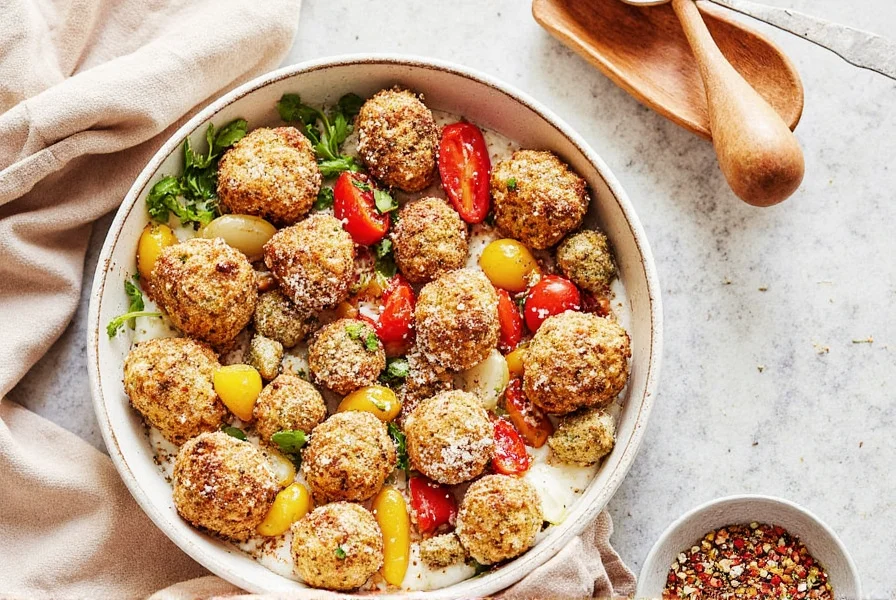
Sourced directly from small Greek farms, this premium blend offers an incredibly fresh taste. Best for gourmet chefs or foodies who love authenticity.
5. Badia Greek Seasoning Mix
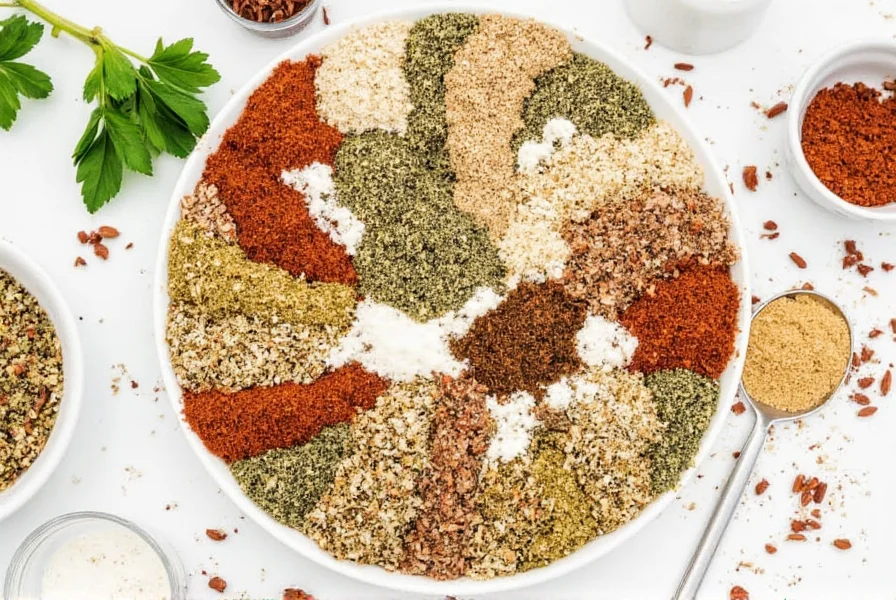
A budget-friendly option widely available in supermarkets. While not as complex as premium blends, it still packs a punch and works well in soups and rice dishes.
6. OliveNation Greek Seasoning Bulk Pack
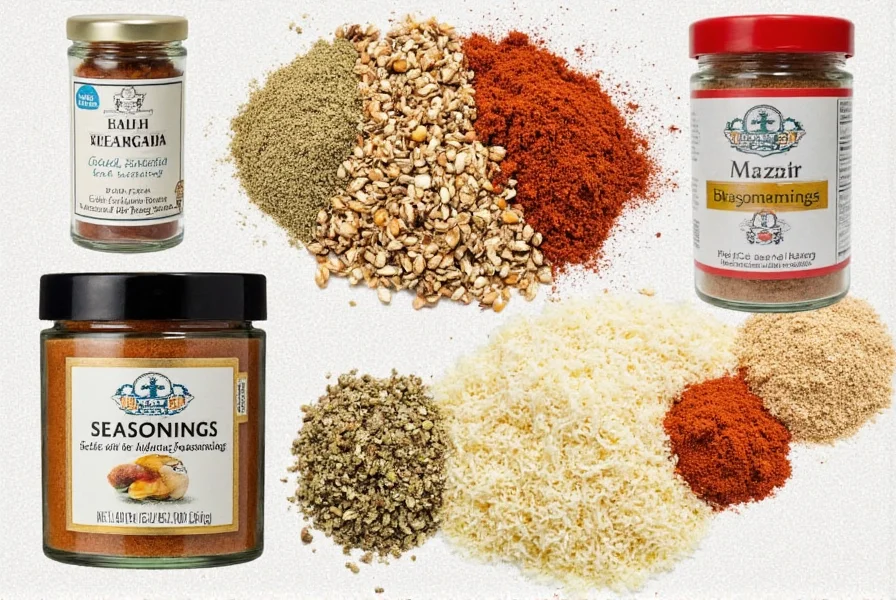
Great for commercial kitchens or home cooks who do a lot of batch cooking. Comes in a large resealable pouch to keep the blend fresh longer.
7. DIY Homemade Greek Seasoning
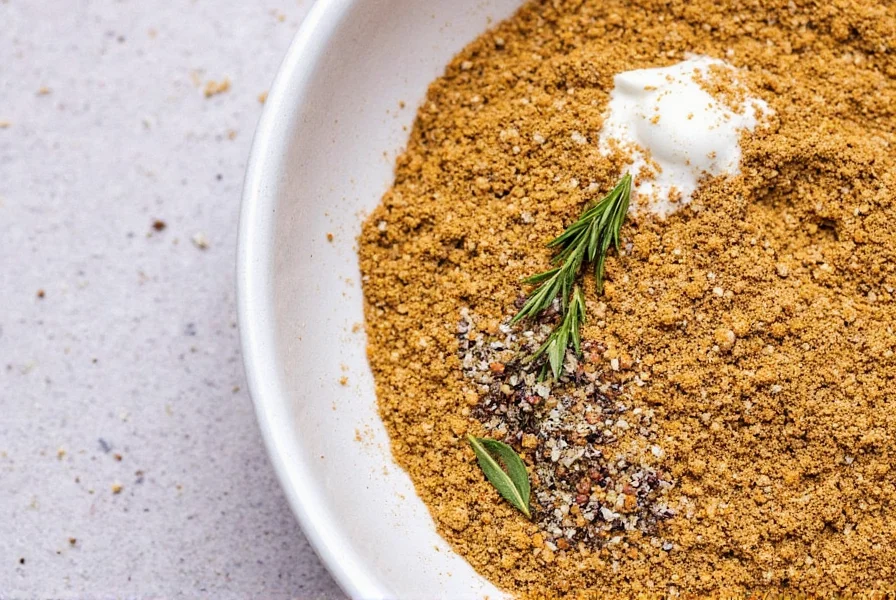
No brand can beat a freshly mixed homemade version. Customizable, cost-effective, and deeply satisfying. We’ll show you how to make it later in this article!
How to Use Greek Seasoning Like a Pro
Greek seasoning is incredibly versatile. Here are some pro-level ideas for incorporating it into your meals:
- Rub for Grilled Chicken: Sprinkle generously before grilling for a smoky, herby crust.
- Roasted Vegetables: Toss with olive oil and a few pinches for a vibrant side dish.
- Hummus or Tzatziki Boost: Stir into dips for a burst of flavor.
- Tomato Sauce Enhancer: Add a pinch to pasta sauces or pizza bases.
- Seafood Magic: Sprinkle over baked white fish or shrimp skewers.
- Salad Finishing Touch: A light dusting adds depth to leafy greens or grain bowls.
- Dry Brine for Pork: Use it to dry-brine chops or roast for 12–24 hours before cooking.
How to Make Your Own Greek Seasoning at Home
Making your own Greek seasoning is not only fun but also lets you control the quality and freshness of each ingredient. Here's a simple recipe:
DIY Greek Seasoning Recipe
- 3 tbsp dried oregano
- 1 tbsp dried thyme
- 1 tbsp dried marjoram
- 1 tbsp garlic powder
- 1 tbsp onion powder
- 1 tsp black pepper
- 1 tsp lemon zest (optional)
Instructions: Combine all ingredients in a bowl, then transfer to an airtight jar. Store in a cool, dark place for up to 6 months.
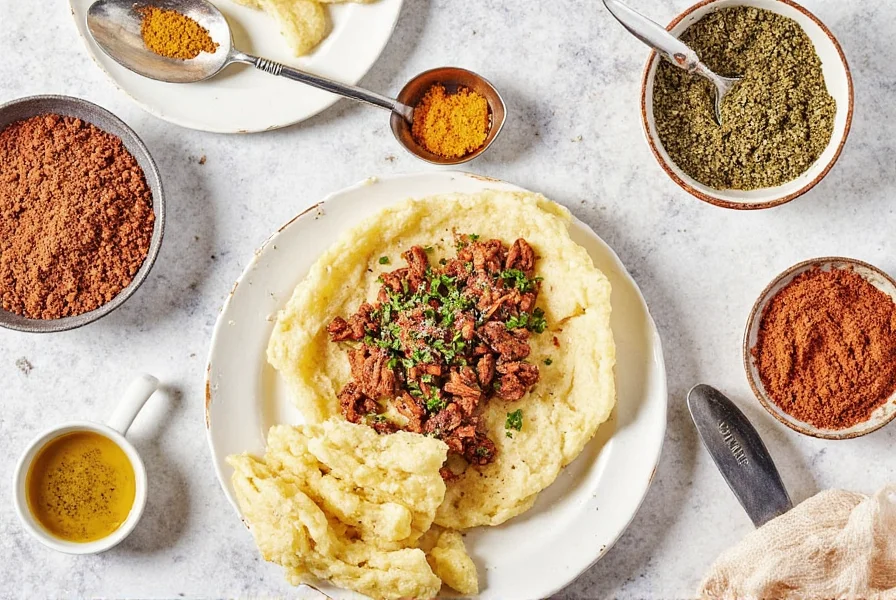
Buying Guide: How to Choose the Best Greek Seasoning
With so many options on the market, picking the right Greek seasoning can feel overwhelming. Here’s a breakdown of key factors to consider:
1. Ingredient Quality
Look for blends with whole herbs and no fillers. Avoid products with anti-caking agents or artificial preservatives unless necessary.
2. Organic vs. Conventional
Organic blends are free from synthetic pesticides and chemicals. If you’re conscious about what goes into your food, go for organic certification.
3. Flavor Profile Preferences
Some blends lean more towards garlic-forward profiles, while others highlight citrus or herbaceous notes. Decide which suits your palate best.
4. Salt Content
Check whether the seasoning contains salt. Some brands include it for convenience, but if you’re watching sodium intake, opt for salt-free versions.
5. Packaging
Air-tight containers preserve freshness. Glass jars are preferable to plastic for long-term storage.
6. Brand Reputation
Stick to reputable brands known for spice quality. Customer reviews can offer insights into real-world performance.
7. Intended Use
Are you using it for everyday meals or special occasions? Match the product quality accordingly.
| Factor | Recommendation |
|---|---|
| Ingredients | Whole herbs, no fillers |
| Salt | Optional or minimal |
| Packaging | Air-tight, preferably glass |
| Certification | Organic (if preferred) |
| Brand | Reputable, reviewed |
Final Thoughts: Bringing Greece to Your Kitchen
Greek seasoning is more than just a spice blend — it’s a gateway to one of the world’s most beloved cuisines. With the right combination of herbs and spices, you can recreate the magic of Greek tavernas, seaside markets, and family gatherings right in your own home.
From ready-made blends to custom mixes, there’s a Greek seasoning out there for every taste and occasion. Don’t be afraid to experiment with different combinations and applications. After all, cooking is about joy — and nothing says joy like a kitchen filled with the scent of oregano, thyme, and garlic.
So next time you reach for the spices, let your inner chef channel the Aegean breeze and bring a little piece of Greece to your plate. Opa!
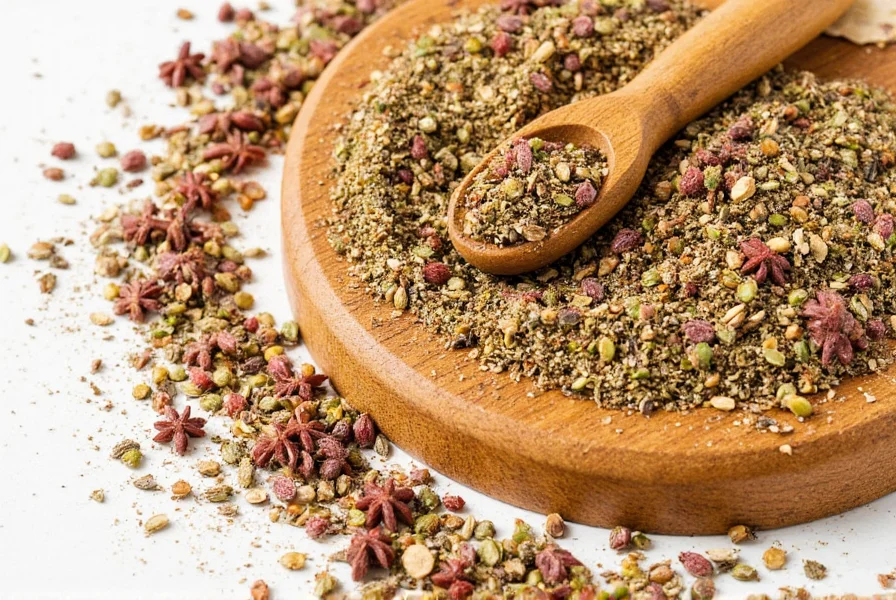

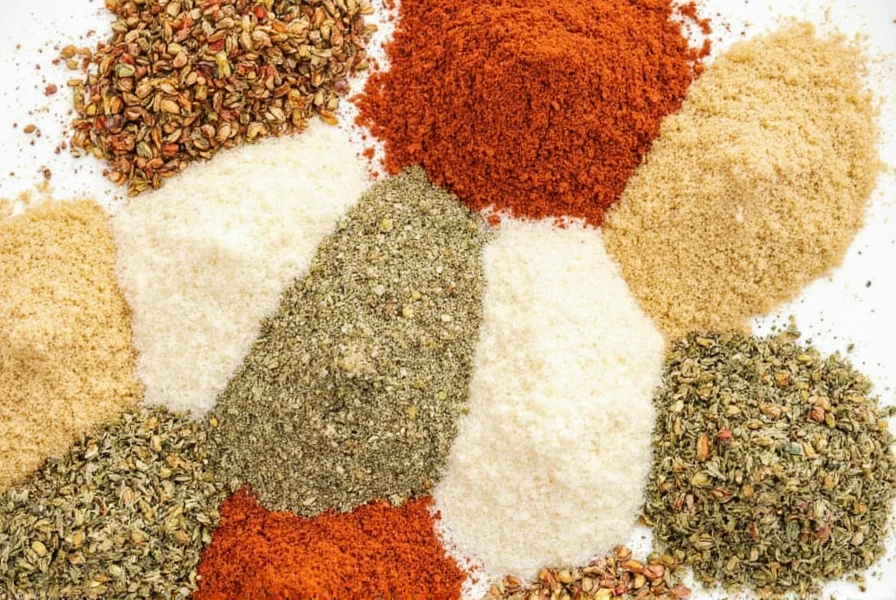









 浙公网安备
33010002000092号
浙公网安备
33010002000092号 浙B2-20120091-4
浙B2-20120091-4